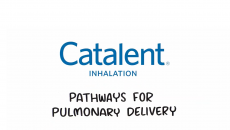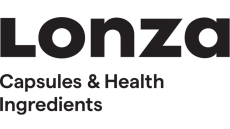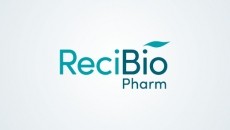Israeli scientists unveil new delivery technology
technologies in recent years, a problem still persists in trying to
obtain controlled release of a wide variety of medications that
have only a narrow absorption window in the upper part of the
intestines.
In other words, these drugs are absorbed rather quickly after being swallowed, negating the beneficial effects of once-a-day medication.
Now, researchers at the Hebrew University School of Pharmacy in Israel have developed a new technology, which they call Gastro-Retentive Dosage Form (GDRF), which keeps drugs in the stomach for an extended period. This is accomplished through a matrix consisting of a multilayered polymeric film that contains the active compound embedded in the polymer, surrounded by a rigid frame.
The matrix is folded into a standard size gelatin capsule. After swallowing, the matrix unfolds itself and because of its protective polymer coating, the drug remains in the stomach for an extended period, accompanied by a slow and steady release, rather than being absorbed quickly.
The researchers note that the technology can serve as a platform to entrap large amounts of a variety of active agents and drugs containing difference physiochemical properties.
"It has especial significance for various drugs - including those that treat AIDS, as well as cardiovascular and central nervous system disorders - for which a steady level of medication dosage is critical," according to the scientists.
The technology has been patented through the Hebrew University's Yissum Technology Transfer Company, and initial steps towards commercial development are under way at the Intec-Pharma start-up company in Jerusalem's Har Hachotzvim high-tech industrial area.














